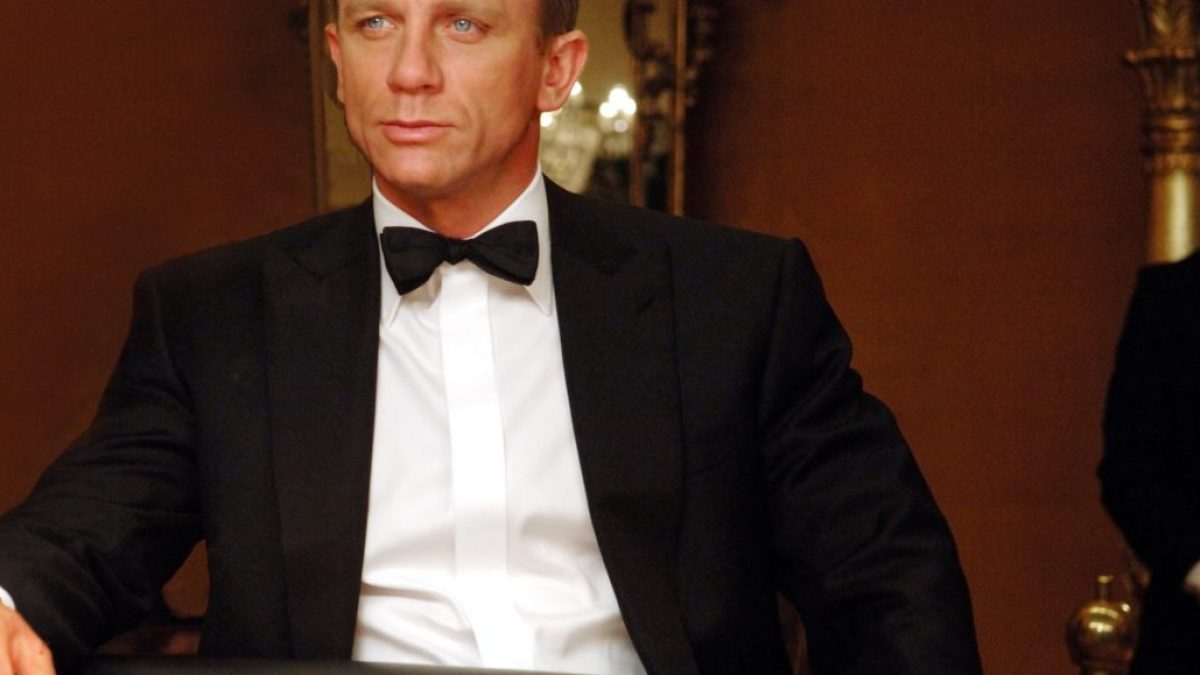
Helen Mirren is right – 007 shouldn’t be a woman. We don’t want a hand-me-down hero
The news that the James Bond franchise will be taken on by Amazon has reignited one of pop culture’s favourite debates: after more than half a century being portrayed as a man sleuthing glamorously around the world, should the next Bond be a woman? And if so, are we supposed to be… grateful?
If you ask me, women deserve better than a hand-me-down hero – what’s more, to suggest that swapping James for Jane would wipe clean the spy’s chauvinist slate is not only patronising but insulting. Gender swapping classic characters can be a powerful way to represent broader identities than cliched archetypes had previously allowed. But the gesture can also be trite, flippantly purporting to resolve a whole host of societal hang ups with one simple switch.
If only it were so easy: I promise, such prejudices would reveal themselves in five seconds flat if a woman were cast as Bond. I can practically hear the political-correctness-gone-mad uproar, issuing from those who want to keep Bond’s legacy girl-free out of good old-fashioned sexism. But while I hate to align myself with that camp, there’s undoubtedly a feminist case for keeping Bond male too: just ask Helen Mirren. “I’m such a feminist, but James Bond has to be a guy,” she said in a recent interview. “You can’t have a woman. It just doesn’t work.”
Mirren’s right: besides being infuriating, any bid to cast a female Bond would be inconsistent – doomed to fail and playing straight into the hands of the aforementioned misogynists, circling like gammony vultures. After all, the spy’s maleness is inextricable from the rest of his brand: not because boys are the best, but because his gadgets and suave suits (not to mention his womanising) are archetypal of an aspirational masculinity from a bygone era. If you change all that, what’s left?
But while there’s no question that Bond is problematic, that doesn’t mean he’s got nothing to teach us. On the contrary: in the character’s sheer reach, we have an invaluable tool to ask sticky questions about manhood today that will reach millions. Keep Bond a man and use his next incarnation to cut deeper than ever beneath the character’s smooth, invulnerable facade – a much richer seam than replacing him with Janel and washing all that tricky history down the pan.
It’s not that a film about a female spy wouldn’t be interesting – on the contrary, shows like Killing Eve have demonstrated just how enthralling female action (anti)heroes can be. But to say that they’re interchangeable with male ones does everyone a disservice. Despite huge strides in gender parity, women still face sweeping prejudice in every sphere, from work to relationships; and while such nuance would have to factor into any female Bond iteration worth its salt, it would risk reducing the film to one about her gender, arguably undermining the whole virtue-signalling project in the process.
Franchises as big as Bond have always been weathervanes for wider culture. As ours begins to ask increasingly pertinent questions about masculinity, the opportunity to use such a widely recognised character to answer them is too good to pass up. Instead of swapping Bond’s suit for a gown, how about making him confront some tough questions about sex, or self-image, or power? Instead of setting an actress up for unfavourable comparison to one of history’s best loved male characters, why not write her her own? I’m the first to champion diverse roles for women on screen, but surely we can come up with something more original – and less paltry – than Bond’s scraps?
Not everything has to be empowering to be illuminating: quite the opposite. Flawed, vulnerable, inconsistent characters probe their audiences much more deeply than slap-dash solutions like onscreen gender-swaps ever could. To argue that a woman should be copy-pasted into a groove as deep as Bond’s is to dismiss all of that complexity – which is arguably what the franchise needs much more than a sex-change.
